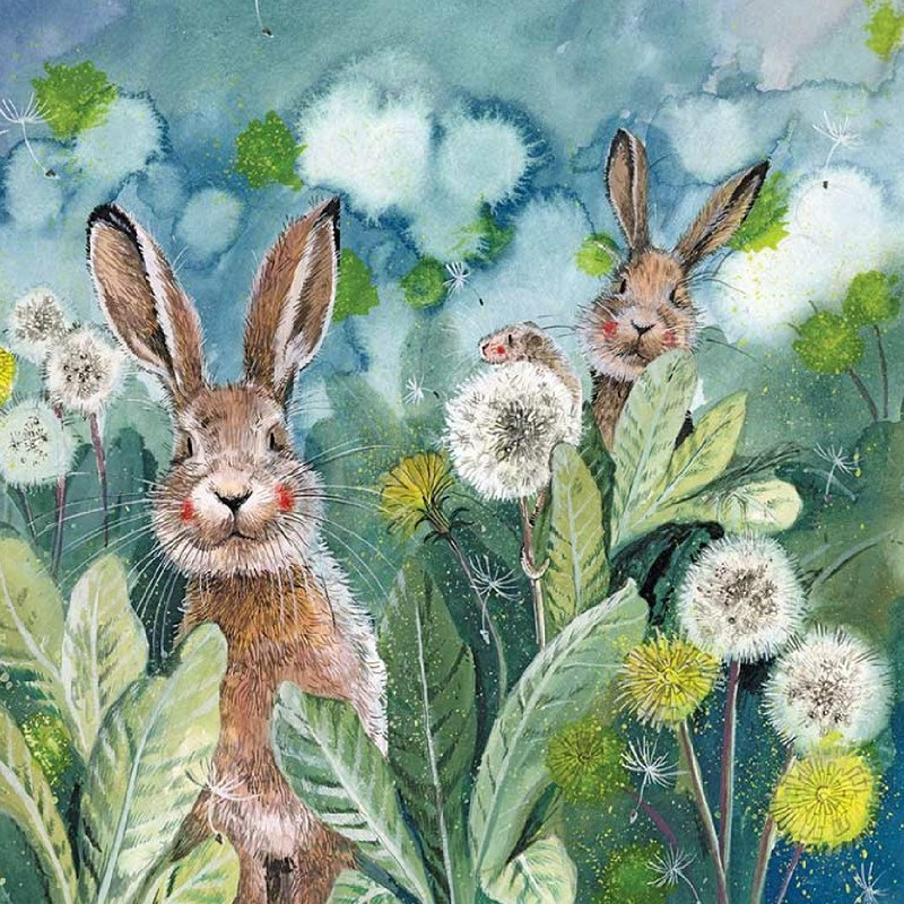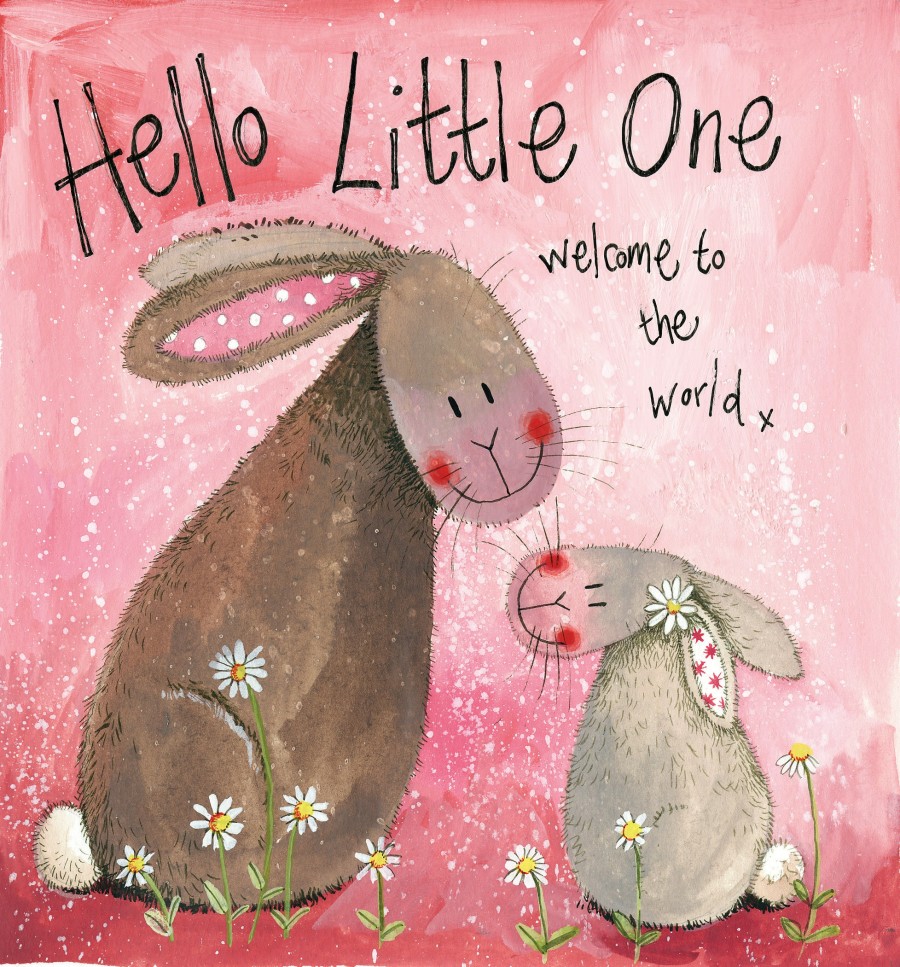Tips for Happy and Healthy Pet Rabbits

Rabbits are gentle, lively pets who thrive with a bit of thought and care. Their playful nature and social habits mean they need more than just food and water to enjoy a good life.
Looking after rabbits means thinking about their space, their food and their need for company and stimulation. By following a few simple tips, you can set your rabbits up for a safe, fun, and healthy life.
Blue Cross has good advice on rabbit welfare, plus places to find rescues (to avoid supporting the pet shop industry). Their care is very different to looking after guinea pigs.
Social Needs of Rabbits

Rabbits are often sold (alone) in pet shops, showing that stores have no idea on welfare. Social rabbits need to live with their own kind (neuter males to avoid fighting).
Unless already happily living together (in which case offer private hiding places and neuter males), guinea pigs should not be housed with rabbits.
Rabbits and guinea pigs communicate differently, and startled rabbits may kick smaller guinea pigs. Rabbits can also pass on a bacteria, that gives guinea pigs respiratory disease.
Rabbit Welfare has lots of good advice. Outdoor rabbits need larger accommodations than a simple ‘hutch’ (with access to outdoor secure runs). Many flowers (like rhododendrons) are toxic to rabbits, guinea pigs and chinchillas (order the book: Gardening with rabbits). Indoor rabbits need special care (to avoid eating through cables).
Download a free (or £1.50 printed) book: On the Hop (50 pages of welfare advice for bunny bliss). The organisation also runs several campaigns including:
- Asking pet stores to stop selling smell hutches
- Asking people to adopt not shop (nearly all vets want bans on sales as rabbits breed so quickly, and rescue centres have run out of space).
- Stop schools having ‘pet rabbits’ (with little welfare knowledge).
- Stop unlicensed selling of rabbits for profit.
Give Plenty of Space
Rabbits need room to move. Small cages or hutches are never enough on their own. A large, secure run or a dedicated rabbit-proofed room lets them hop, stretch, and run as they would in the wild.
Space helps prevent boredom and keeps their bodies in good shape. If you keep your rabbits indoors, make sure the area is safe and free from wires or other hazards they might chew.
Feed a Balanced Diet
The right diet supports every aspect of your rabbits’ health. Unlimited hay is the key, as it keeps their digestive system working and their teeth worn down. Add fresh greens daily, along with a small amount of high-quality rabbit pellets.
Carrots and lettuce are not natural foods for rabbits (too high in sugar, and never give high-water iceberg lettuce).
The natural diet of rabbits is fresh grass (not clippings) and dust-free hay (which helps wear down teeth and enable natural foraging).
Rabbits can dehydrate quickly, so ensure a clean bowl or water bottle (change water daily and ensure bowls don’t get knocked over, and drip-feed bottles are not blocked, nor freeze in winter.
Offer Mental Stimulation
Rabbits are clever animals. Simple toys such as cardboard boxes, tunnels, and untreated wooden chews help them stay busy. Scatter food around their space to get them foraging and exploring.
Rotating toys and adding new challenges keeps things interesting for them. Bored rabbits can become stressed or destructive, so small changes make a big difference.
Keep Them Safe and Secure
Rabbits are prey animals, so they need safe, secure housing. Use a sturdy hutch or an indoor pen with a secure roof and no gaps. Outdoor rabbits need extra protection from predators, rain and strong sun.
Indoors, keep dangerous objects out of reach. Check fences and enclosures for escape routes or sharp edges.
Watch Their Health
Regular checks help spot problems early. Watch for changes in eating, droppings, or behaviour. Overgrown teeth, runny eyes, or weight loss need a trip to the vet.
Spaying or neutering is a good choice for most rabbits, as it prevents health issues and makes behaviour calmer. Rabbits can hide illness, so regular health checks matter.
Keep Things Clean
A tidy space means less chance of illness. Clean their bedding and litter area every few days. Change hay and water daily. Use safe, unscented cleaning products and rinse everything well. A clean home helps keep flies away and stops nasty smells from building up.
Avoid sawdust, cedar or pine shavings, since these can cause breathing troubles and skin irritation.
Provide Hiding Places
All rabbits need to feel safe. Hiding spots like cardboard boxes or special pet tunnels let them relax when they feel nervous or want a nap.
Make sure they have at least one bolt-hole in every room or run they use. Hiding lowers stress and keeps them feeling secure.
Protect From Heat and Cold
Rabbits do not handle extreme weather well. In hot weather, move hutches out of direct sun and offer plenty of water. Use fans or frozen water bottles nearby to help cool them down.
In winter, keep outdoor hutches off the ground and add extra bedding, or bring rabbits indoors if possible. Sudden changes in temperature can make them very ill.
Handle With Care
Rabbits are delicate and can be startled easily. Always lift them gently by supporting their back and bottom. Let them come to you rather than chasing them around.
Teach children the right way to hold and stroke rabbits to prevent dropped or frightened pets.
Provide Regular Exercise
Daily exercise prevents boredom and keeps rabbits fit. Let them out in a rabbit-proof space for at least a few hours each day.
Supervised time in the garden or a big pen keeps their muscles toned, reduces boredom and gives them plenty to do.
Find a Good Vet
Not all vets have experience with rabbits. Find a local surgery with staff who know about rabbit care, and take your pet for yearly check-ups. Vaccinations protect against common diseases like myxomatosis and VHD, especially for outdoor rabbits.
How to Stop Wild Rabbits Eating Crops
Grazers is a Cumbria company that makes a nontoxic calcium product that makes grass unpalatable to rabbits and other creatures.
Obviously not for pet rabbits, but it’s a humane deterrent instead of shooting them, which some golf courses and farmers do, to avoid damage to crops or grass.
Just apply as instructed, and rabbits and other creatures should move to other areas. The product was created after seeing extensive rabbit damage stop after applying, which was followed by agricultural and horticultural trials.
Or you could do what no-dig gardener Charles Dowding does, and just accept that you’ll end up sharing some food with your big-footed friends:
Rabbits have discovered our home in the past three weeks. They are surprisingly tame and disinclined to be shooed away. One came up and waved through the window, while we were eating supper.






